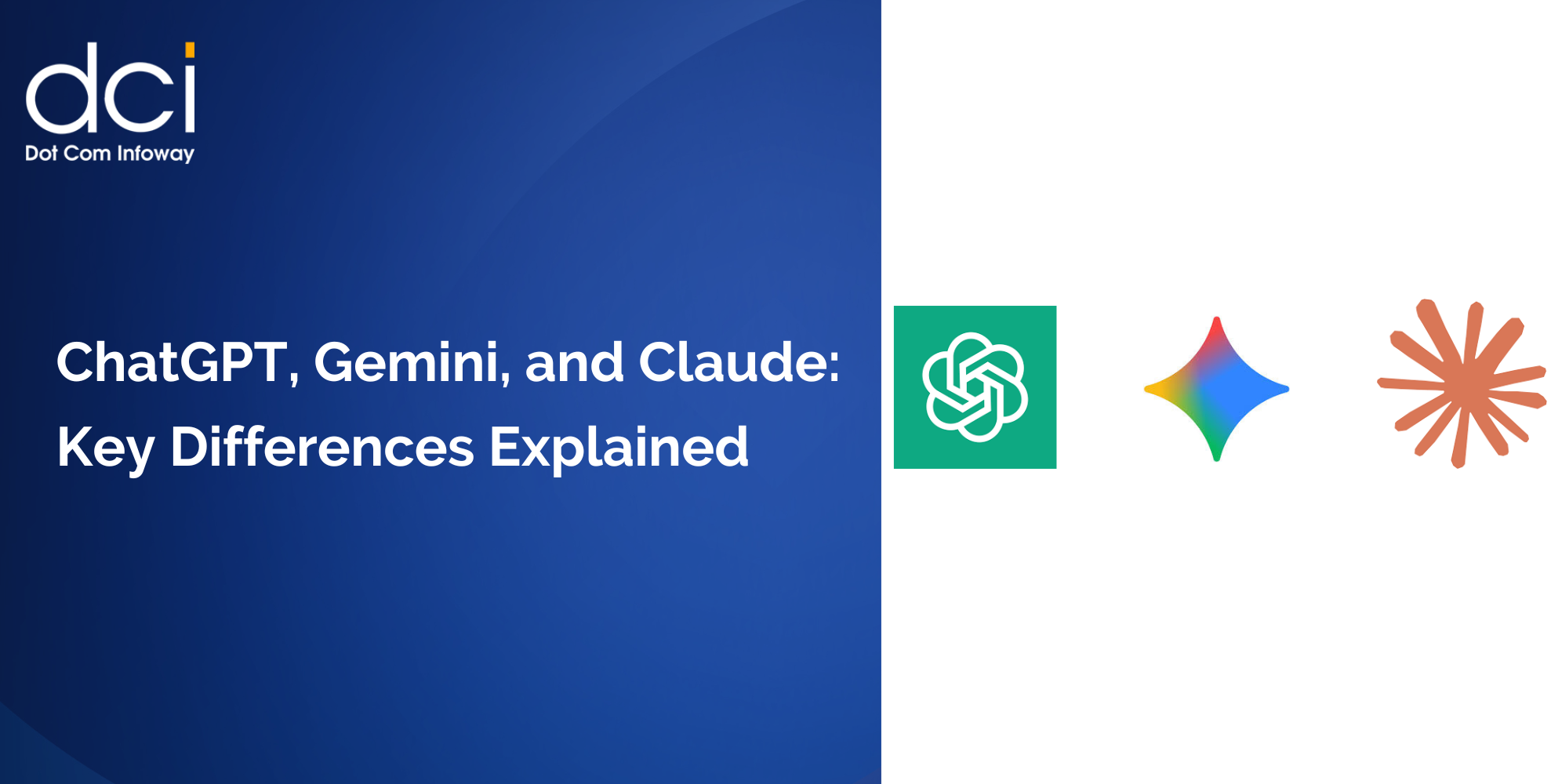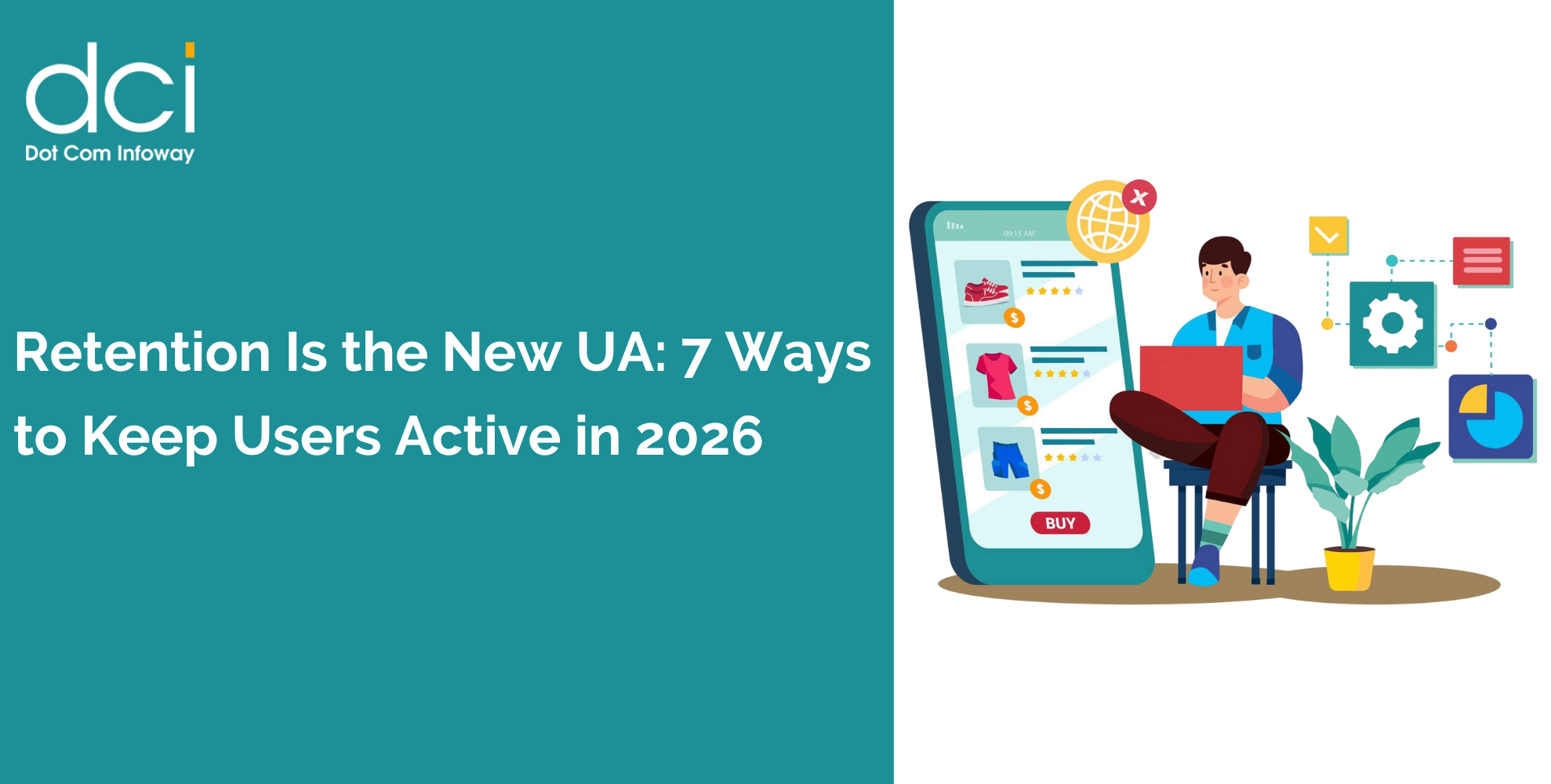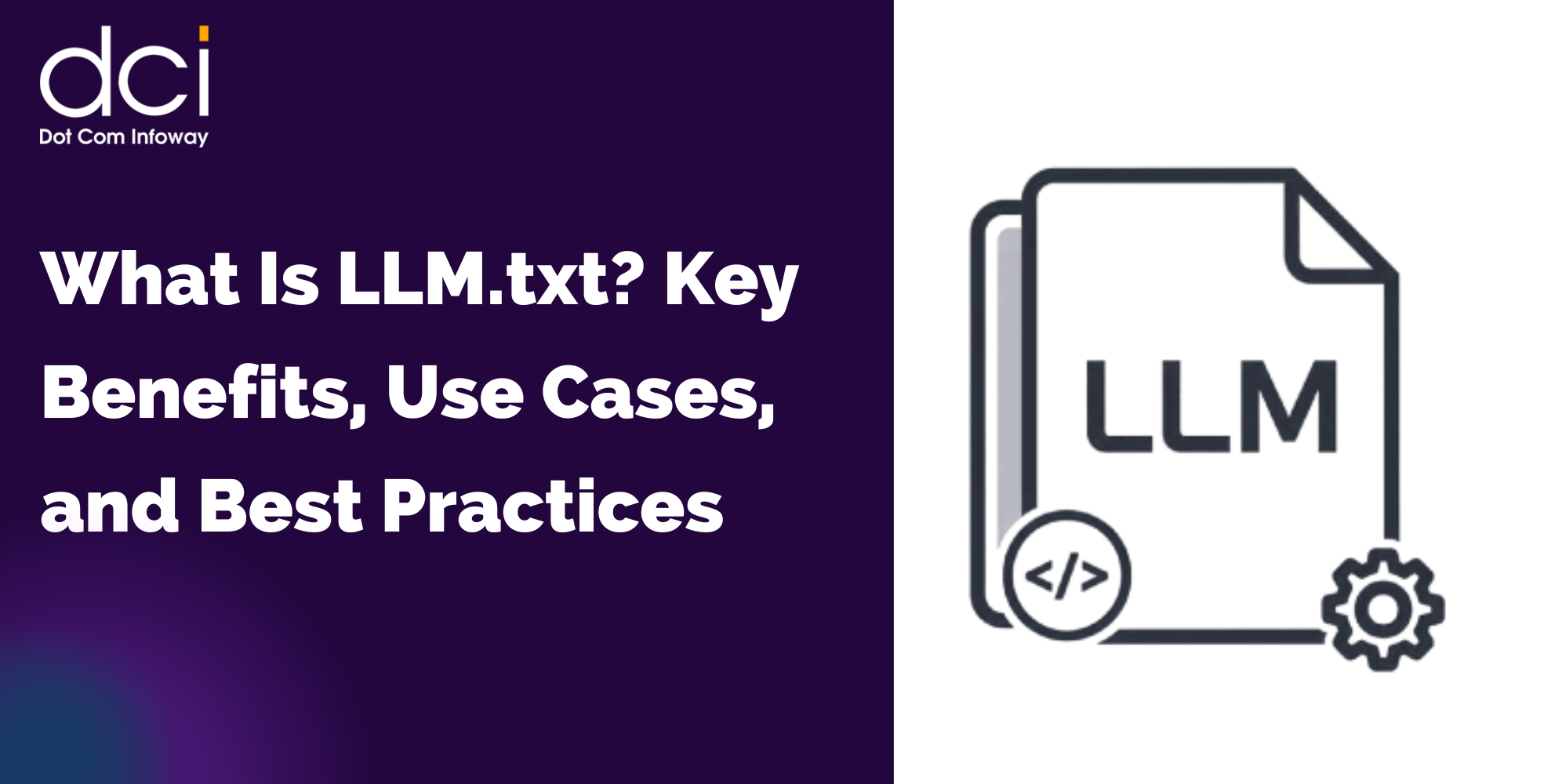What Is the Laravel Authentication System?
The Laravel authentication system is automatically in place in the entire framework. Not only does it provide an extra layer of protection on all your resources, but its design makes controlling the access to the said resources more simple and convenient.
This securing process is characterized by so-called guards and providers — the former is responsible for authenticating user requests, while the latter performs the retrieval of the user from the database. The developer’s, since authentication is delivered upfront, is to just set up the controllers, models, and the database itself.
Outlining the Top Vulnerabilities in Laravel
There are, at best, three main security issues that Laravel web app developers have to contend with.
-
XSS (Cross-Site Scripting)
Typically characterized by the injection of the malicious script (often in the form of JavaScript) into a website. Visitors to it will fall prey to the injected script once they access a page or utilize a form (like when a user comments in a blog post).
Unfortunately, Laravel is not immune to this kind of attack, emphasizing the importance of actively increasing your protection against XSS injections. There’s some good news, though, as Laravel does offer native support that serves as protection for codes against cross-site scripting. But it would be a long shot to say that it’s sufficient.
-
CSFR (Cross-Site Request Forgery)
This is mostly concerned with users making unwanted actions in a web app. And what’s good is that Laravel has an active shield against this via its CSFR tokens, which practically blocks third-party entities from making bogus requests.
If a specific request occurs, Laravel automatically performs a comparison of the token saved in the user session and the request token. If they do not match, then the action would not be performed.
SQL injections are effectively deterred thanks to Laravel’s Eloquent ORM, which uses PDO binding to prevent any kind of client from altering the SQL queries’ intent. This is why learning how to effectively utilize the ORM could prove to pay off as it can repel most SQL injection attacks, and our developers certainly took the time to master it.
Consider the Best Laravel Security-Centric Packages
Security packages serve as another proof that Laravel is actively addressing the security of apps developed in its platform. Weigh your options when deciding which one to use. Below, we have outlined the three packages that stand out because of their relative focus on security.
- Laravel Security – Possibly one of the most popular Laravel packages, Laravel Security is defined by the active code protection it provides against XSS.
- Laravel-ACL – If you want to assign more secure, role-based permissions to Laravel’s definitive authentication system, then this is the package to get.
- Laravel Security Component – Concentrates on securing roles and objects. It also uses the “Symfony/security-core”, which provides essential security features.

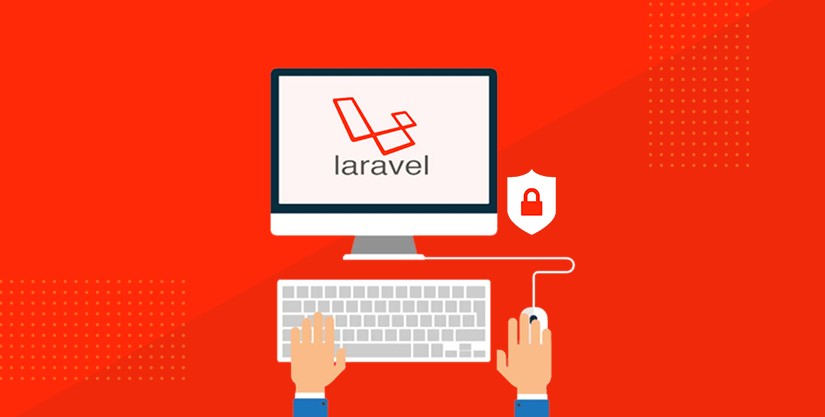
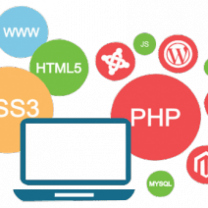




![The Game Marketing Guide: Pre and Post-Launch Strategies [Infographic]](https://www.dotcominfoway.com/wp-content/uploads/2023/09/DCI-Game-Marketing-blog-1.jpg)

